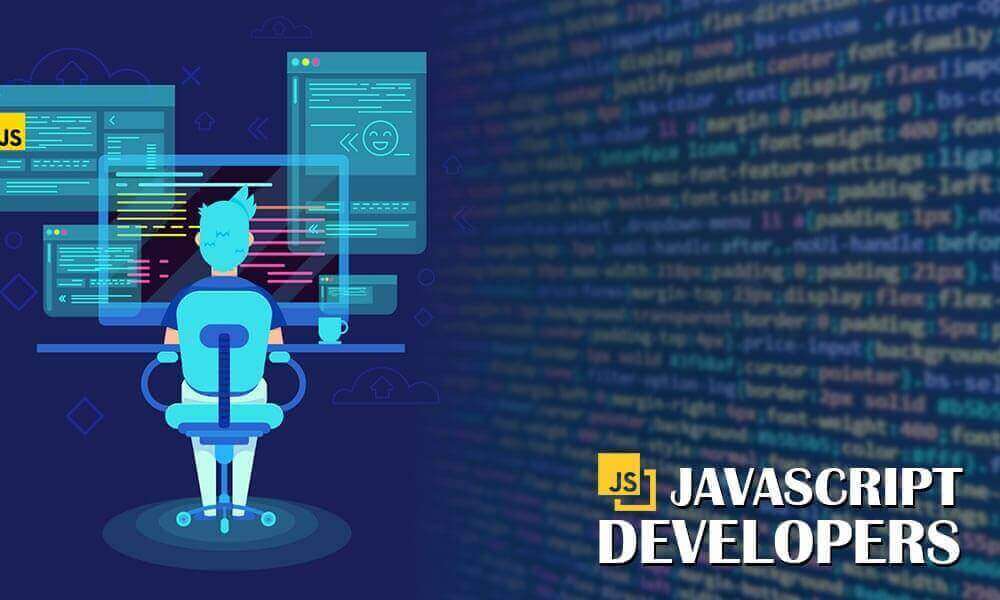How to Become a Better Developer in 6 Ways

In recent years, the problems that software developers face have gotten more complex and numerous. For instance, most software applications nowadays are packed with features, each having its degree of difficulty to implement.
Development tools such as languages, frameworks, plugins, testing tools, and other technologies have increased in number as well, taking time off developers who wish to study them for their following projects.
Moreover, the need for different types of testing has risen drastically to ensure that the software will be functional, secure, and pleasant to use.
On top of that, one of the most difficult challenges developers currently face is tight deadlines. All these situations can lead to possible burnout, damaging the work-life balance of developers and, in turn, the quality of the product.
Fortunately, developers can overcome these problems through self-improvement. But what is a better developer, and how can a developer be better? These are the questions we will be exploring in this article.
What is a Better Developer?
This is perhaps one of the vaguest questions in software development, as it has plenty of answers.
Do we measure the quality of a developer based on their proficiency in their core languages or tools, their capacity to learn new things, how quickly they finish their coding tasks, how clean and future-proof their code is, and how well they work with others, or how well they communicate?
These are all good metrics for determining what a better developer is. Still, I believe that a better developer is a developer who is, at this moment, better than they were before and is someone who continues to be willing to listen and learn.
Let’s say that a developer who knows they can still learn wants to be better. So how can they attain that, and what are the ways of becoming better at developing software?
Ways of Becoming a Better Developer
Manage Your Time Properly
This is one of the most critical non-technical skills that a developer should possess to be better, as this directly affects how quickly and accurately developers finish their tasks and whether developers should prioritize speed or the quality of the product at a certain point development.
By managing time more effectively, developers can focus more on what matters and have a more accurate estimate of when they’ll finish the project. Here’s how you can have proper time management:
- Understand the project deeply, analyze the specifications, and visualize the client’s needs to understand what to do clearly.
- From there, list down the tasks that need to be accomplished and categorize or group them (can be per feature, module, page, and so on).
- Break complex tasks down into simpler ones (i.e., instead of listing a task as “create a homepage for a website,” you can list several subtasks that compose the main task, such as “create homepage header,” “create homepage banner,” and the like)
- Once the complex tasks are broken down, you’ll be able to determine the development’s estimated completion date accurately.
- Use previously made codes, classes, and libraries to solve problems that have been tackled before to save time.
- When you think you’re stuck, seek help from colleagues, management, or various educational references.
- Don’t overestimate your skills because chances are you’ll be more overwhelmed by the numerous tasks and pressured by the impending deadlines.
Once you start polishing your time management skills, you’ll find that complicated tasks no longer seem as daunting as before and that you’re completing them within the expected timeframe without sacrificing software quality.
Stay Updated on the Latest Tech Tools, News, and Trends
As a developer, you must be familiar with as many tools and technology as possible to assess which ones you can use on your following projects or new versions of existing projects and which ones you’ll have to pass on for now.
Indeed, new technology excites most, if not all, developers. Still, we should always do proper feasibility studies before we can use them because if we fail to do so, then the quality of the product and your development progress will suffer tremendously.
If you start learning a new technology or tool without adequately assessing whether you’ll be able to use it in a project or not, then you’ll end up wasting precious time.
On the other hand, if you know just what you want when searching for the latest tech and tools, and you know that you can implement it without much problem (compatibility, limitations, steep learning curve, pricing, licenses, and the like), and you also know that it would significantly increase productivity or solve your development problems more efficiently. So you should study it for later or immediate use.
Some notable examples of emerging and popular technology are as follows: project management tools to boost productivity and track tasks, website monitoring tools that allow you to monitor traffic on your websites so that you can make more informed decisions, a WYSIWYG HTML editor for low-effort, high-quality development (especially for CMS/website builders), and online collaboration tools such as this one for efficient communication and file-sharing/editing.
These new technologies help developers do more without spending more time and are worth looking at if you haven’t already.
It is also vital for a developer to stay informed on tech news to learn about emerging technology, outdated/obsolete technology, updates on the licenses of some of the tech giants’ products, and emerging tech trends, among others.
In a world with rapidly evolving technology, developers should learn to adapt, and tech news helps determine which new technology a developer should know more about next.
Reinforce Your Knowledge of Existing Technologies You Use
As much as learning new technologies, mastering those you already know is of great essence for developers who wish to improve.
Learning more about the already familiar tools allows you to navigate your code/editor faster, write better-structured code, assist other developers, and reduce your code’s errors, helping you be more productive.
Communicate Better
One of the biggest causes of delay is poor communication between client and project manager, between the project manager and developers, among developers, and so on. Miscommunication or lack of communication can cause more problems than bugs (and can cause bugs as well).
For example, a developer who is not so sure of the specifications decides to approximate the requirements and fails to ask about or clarify the contents of the specs, then ends up creating an entirely different feature from the specs, having wasted time on a feature that the clients won’t even need.
Thus, asking and clarifying even with the slightest doubt about the requirements is essential.
Moreover, developers need to communicate with their manager/team lead regarding their progress on the project to ensure that the project manager’s information, and by extension, the executives’ information, are up to date and accurate.
Whether the team is meeting the deadlines or not, whether a newly added plugin is working as well as thought or not, or whether the latest tests uncovered a lot of bugs or not, developers should always report the status of their tasks for the entire team to make the correct course of action.
And just as crucial as reporting and talking is listening. Developers looking to be better should learn to listen, take constructive criticism, and understand the specs as stated to them. Effective communication can significantly improve the quality of work and efficiency of developers and their teams.
Learn from Other Developers
Developers can benefit from humility and accepting that plenty of other developers are currently better than they are. This mindset allows for more growth since arrogance could lead the developer to think that they can no longer improve, while it’s the opposite for humility.
Discuss with your coworkers, read technical documentation, browse the internet for answers, read books or tech blogs, watch tutorial videos, and read on best practices. Whichever method of learning you prefer, if you genuinely strive to learn, you will be a better developer than you are now.
Document and Refactor Your Code
A common way to improve your coding skills would be to add comments to your code, refactor your code whenever you can, and prepare your code to still be easily usable and implementable in future projects.
These should be necessary for those working on projects with others and equally important for those working alone. Comments help developers understand what each function or method does, the parameters, and what output to expect without reading a significant number of lines of code.
These are extremely helpful when a developer reviews a code, whether it’s a code made by another developer or an old code that the same developer makes.
Code refactoring involves rearranging and restructuring the code without changing its functionality. It is a way of keeping your code clean and easy to read. So that when you need to add more functionalities (and, by extension, more lines of code), the entirety of your code won’t be a mess that could lead to more bugs.
To become a better frontend and backend developer, you need to have the will to improve and follow the ways stated above to be even a little better than you are now. However, it is essential to note that there is no shortcut to being a better developer.
Think of these ways as new habits or routines and keep making progress. For example, you might be free from developer burnout, allowing you to face and complete your complex requirements.










